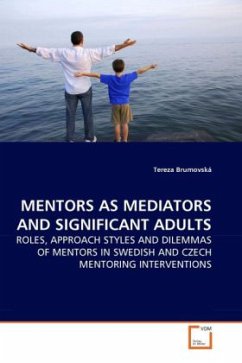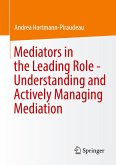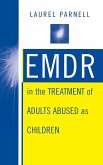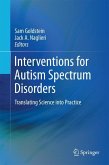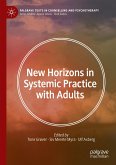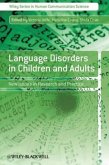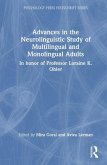Youth mentoring became popular cost-efficient social intervention in the past decades. It aims to serve different target groups of children and youth with focus on various aims and objectives. However, the common feature of formal mentoring intervention is one-to-one mentoring relationship. Only mentors who become significant adults for children mediate benefits of mentoring and influence mentees positive development significantly. Mentor has a key role when developing efficacy of mentoring. However, not all mentors are successful. The presented study analyzed mentors roles in mentoring relationships, approach styles of mentors and features of relationships mentors develop with focus on the quality features. Study is also focused on analysing the dilemmas of mentors associated with their role in mentoring relationships. Thus, the questions of risks and ethical issues in formal mentoring intervention are risen up and discussed. The conclusions how dilemmas, risks and ethical issues can be avoided in formal mentoring and quality of mentoring achieved are highlighted; and recommendations for a good practice are summarized as study's results.
